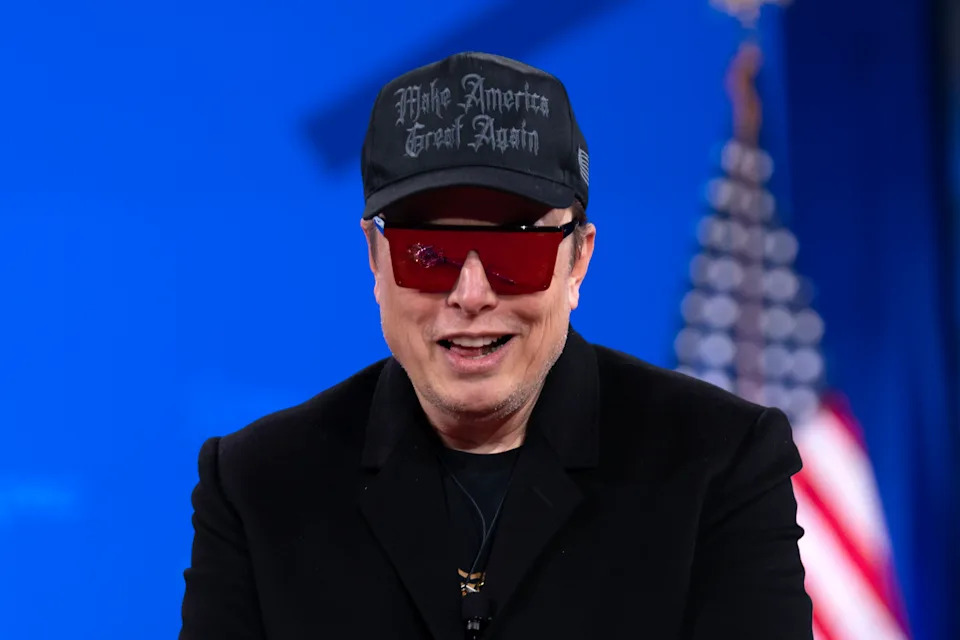
Tesla board approves $30 billion alternative pay deal for Musk
Key Points
- Tesla's board approved a $30 billion alternative compensation plan for CEO Elon Musk as a contingency while a court battle continues over his original $58 billion pay award, which was struck down by a Delaware judge.
- The new plan, requiring shareholder approval, grants Musk 96 million Tesla shares at $23.34 per share, contingent on his continuous service until August 3, 2027, and includes a five-year holding period.
- If the Delaware Supreme Court overturns the ruling against the 2018 plan, shares granted under the new plan must be forfeited and returned to Tesla.
- Tesla's stock faced pressure after a Q2 earnings and revenue miss, with revenue at $22.50 billion against an expected $22.64 billion, a 12% decrease from the previous year.
- The ongoing lawsuit raises significant questions about corporate law, specifically whether stockholders can overrule a judicial decision regarding executive compensation.
Summary
Tesla's board has approved a $30 billion alternative compensation plan for CEO Elon Musk amid a legal battle to reinstate his original $58 billion pay package, which was invalidated by a Delaware judge. Announced in an SEC filing, the new plan aims to incentivize Musk's focus on Tesla and requires shareholder approval. It grants Musk 96 million shares at $23.34 each, contingent on his service until 2027, with a five-year holding period. If the original 2018 plan is upheld by the Delaware Supreme Court, these shares must be returned. Meanwhile, Tesla's stock struggled after a Q2 earnings miss, reporting $22.50 billion in revenue against an expected $22.64 billion, down 12% from last year. The legal dispute, sparked by a shareholder lawsuit in 2018, questions Musk's influence as a de facto controlling shareholder and whether stockholder approval can override judicial rulings. Judge Kathaleen McCormick voided the original package due to Musk's ties with the board and lack of disclosure, a decision reaffirmed despite a second shareholder approval in 2024. The case could reshape corporate law, while Tesla emphasizes the need to retain Musk amid the AI talent war, with analysts suggesting the new plan secures his leadership until at least 2030, easing shareholder concerns.
yahoo
August 4, 2025
Stocks


